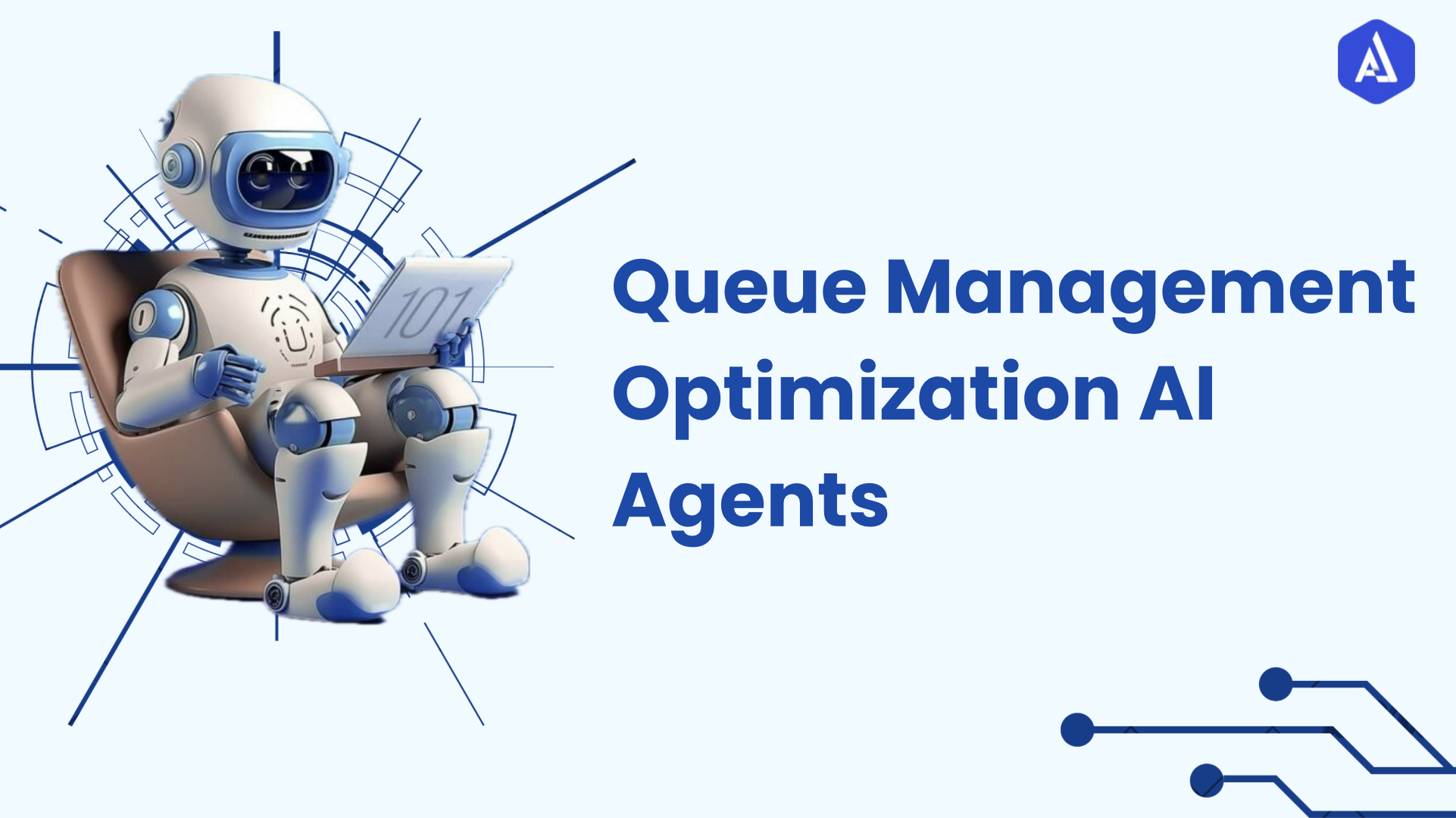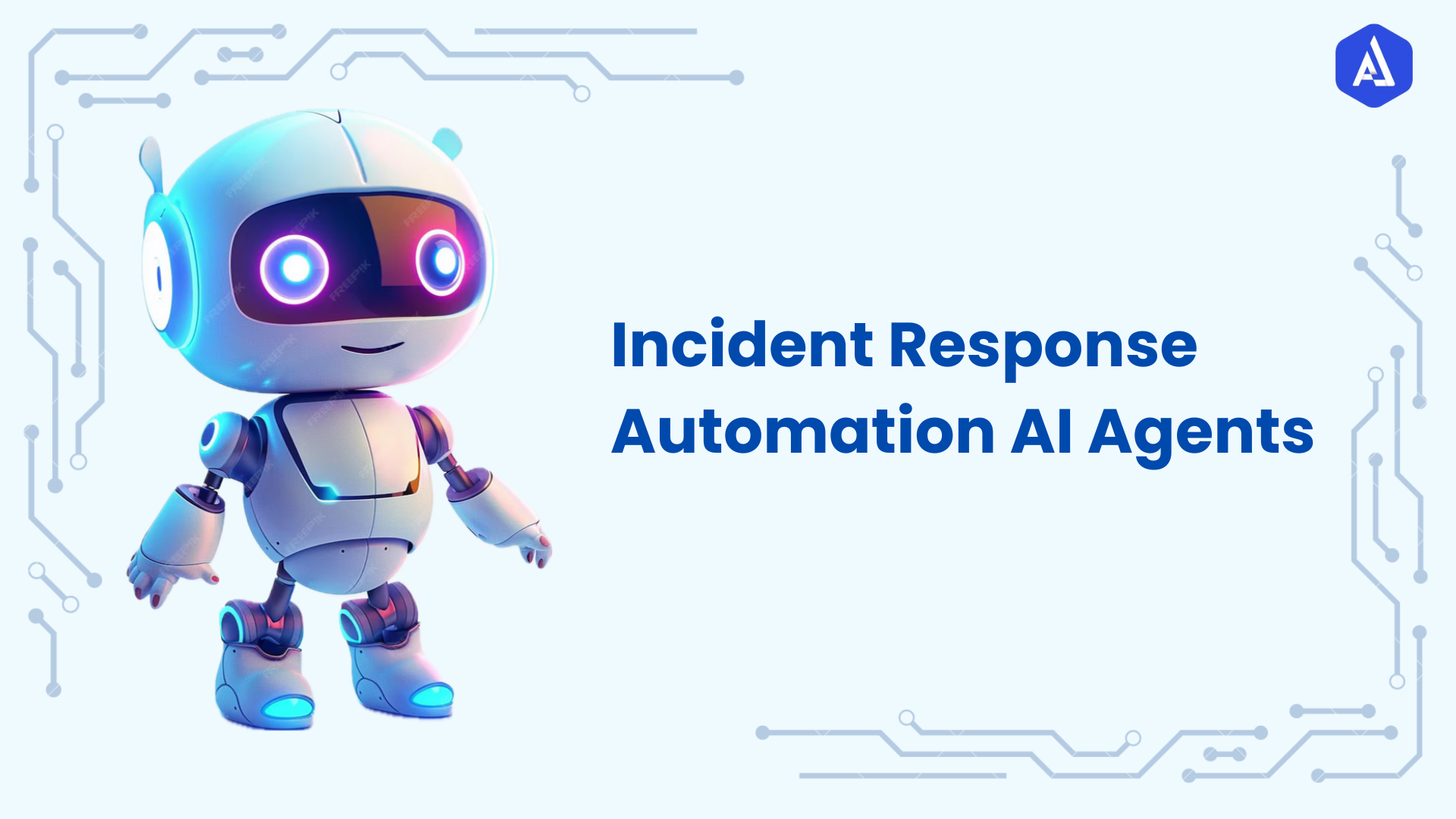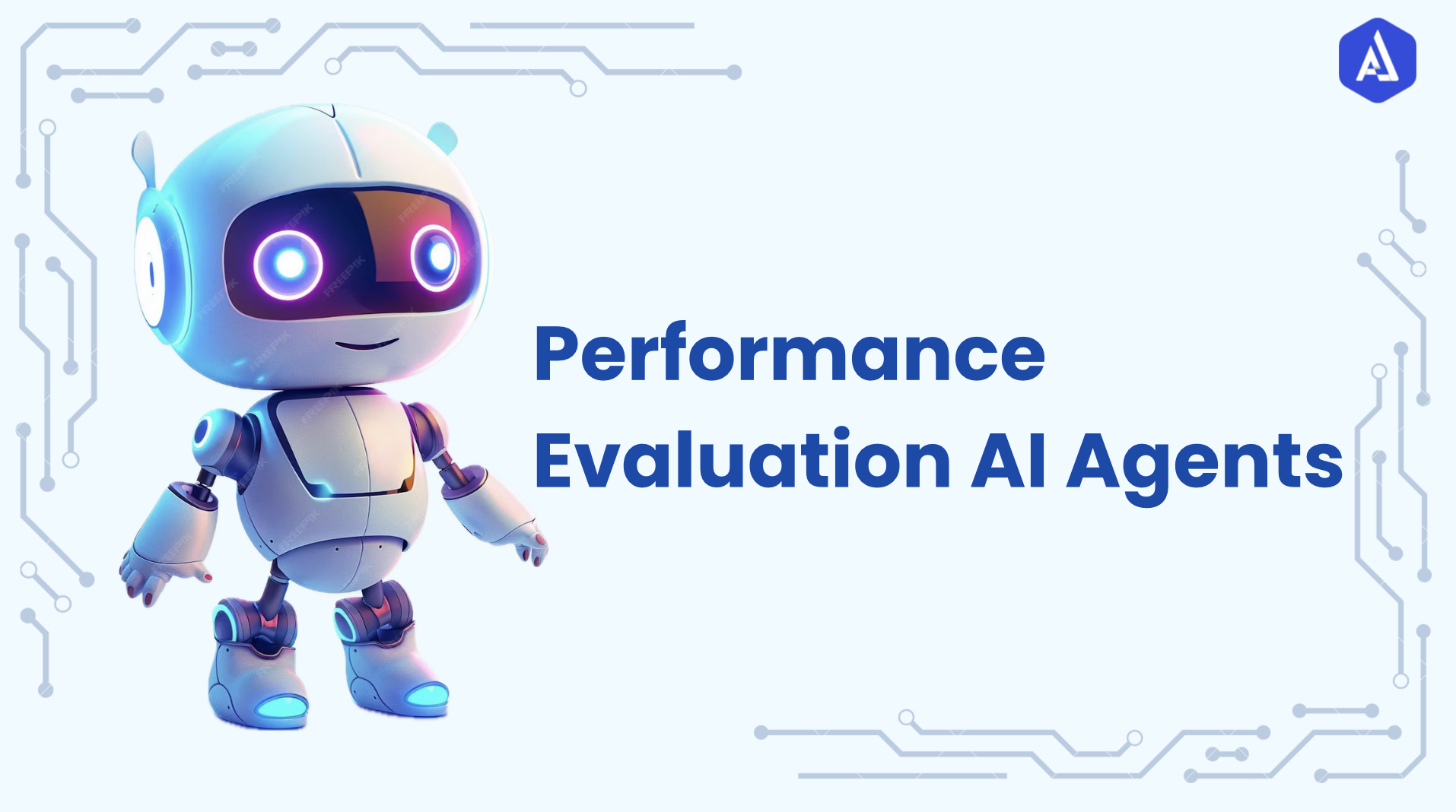Introduction
AI-Powered Customer Support Ticket Agents Business customers now get a change in ticket management from customers as it analyzes and categorizes incoming tickets in a way that streamlines ticket triage, improves the rate of response times, and ensures the right routing automatically reduces the human involvement of tickets and thus increases efficiency and lets the human support agents focus on high-value interactions further optimizing the customer experience.
About the Process
Handling support tickets traditionally involves managing customer inquiries through email, chat, or web portals. Support agents are tasked with reading and categorizing these tickets based on the content to identify the type of issue, its severity, and the appropriate team or department for resolution.
However, this process is time-consuming, prone to human error, and becomes increasingly difficult to manage as customer queries grow in volume. This often leads to delays in resolutions and frustrated customers. Integrating AI-powered agents into the ticket management system automates this process, resulting in significant improvements.
AI-Powered Ticket Categorization Process:
-
Ticket Submission: The customer submits a support ticket through email, chat, or web portal detailing their issue or inquiry.
-
AI Scans the Ticket Using NLP and ML: The AI agent, powered by Natural Language Processing and Machine Learning algorithms, scans the incoming ticket content.
It analyzes the ticket text to understand the nature of the issue, the customer's sentiment (whether the customer is frustrated, neutral, or happy), and the urgency of the ticket.
-
Categorization and Classification: Based on its analysis, the AI categorizes the ticket according to predefined categories such as "Technical Issue," "Billing Query," "Product Inquiry," etc.
It also assigns a priority level to the ticket, marking it as "Low," "Medium," or "High" based on urgency.
-
Routing to the Right Team or Individual: After categorizing the ticket, the AI automatically routes it to the most relevant department or team. For example, a technical issue may go to the technical support team, while billing inquiries would go to the finance team.
If the issue is of high urgency, it may also be flagged for immediate attention.
-
Automated Acknowledgment to the Customer: The AI system automatically sends an acknowledgement or response to the customer, confirming that their query has been received and is being processed. This helps set clear expectations for the customer while the team begins to address the issue.
-
Support Team Focuses on Complex Issues: With the AI taking care of the initial categorization and routing, the support team is free to focus on more complex tasks or customer-specific issues that require human attention.
The automation ensures that agents spend less time triaging tickets and more time resolving actual customer problems.
-
Continuous Learning and Optimization: The AI continues to learn from every ticket it processes. Over time, it improves its ability to categorize and route tickets accurately, minimizing errors and ensuring more efficient operations.
-
Ticket Resolution: The assigned team or agent works on the ticket and resolves the customer's issue. After resolution, the AI can update the ticket status and send the final resolution response to the customer.
-
Feedback Loop for Improvement: After the resolution, the AI system may request feedback from the customer to gauge their satisfaction and assess the effectiveness of the resolution.
This feedback is incorporated into the AI’s learning algorithm to refine future categorizations and decision-making.
Talk about the Agent
Highly advanced algorithms are supposed to reduce AI ticket categorization agents' triage to a minimum. It's through such agents that customer tickets will be gone through an extremely quick yet highly accurate manner. Such agents are largely designed using the machine learning model that is precrafted on large historical datasets of support tickets, making them boost their understanding of the context, intent, and sentiment of the inquiry.
Key capabilities of AI ticket categorization agents include:
-
Automated Categorization: An AI agent tags the ticket once the content of the ticket is categorized with the help of NLP. In this way, most common issues are sorted into already prepared categories, such as queries on accounts, technical issues, refunds, or product inquiries.
-
Multi-label Classification: Many times, different issues may have to be dealt with or relevant to multiple departments in a single ticket. In that case, AI agents can assign more than one label for the same ticket by each and every different aspect of which issue gets forwarded to the proper teams.
-
Contextual Understanding: The AI agent does not look for keyword matches but instead understands
-
the ticket in a much more generic sense. This can pick up nuances that might result in urgent requirements, frustration of the customer, or overall dissatisfaction when tickets have that priority added to them.
-
Continuous Learning: The AI agent learns and improves with time. Due to the increased processing of tickets, they draw on previous experiences of what had been observed in previous patterns of categorization so that they could predict categories, type of issues to be solved, and changes in customer behavior.
-
Seamless Integration: AI agents can be added on to the existing customer relationship management systems, help desk platforms, or ticketing software (such as Zendesk, Jira, ServiceNow) to maintain seamlessness in the workflows without changes in the way the operation is happening.
These capabilities allow the AI agent to minimize human interventions within the process of categorization for improvement in terms of both operational efficiencies and customer satisfaction.
Benefits and Values
Addition of AI agents in the process, So the question is, how is this helpful to businesses and their customers in so many ways?
-
Improved Efficiency: It can categorize support tickets and route them in real time. That dismisses a large portion of manual triage that prolongs response time and slows down the customer's resolution time.
-
Cost Savings: It reduces the unnecessary hiring of manpower in support which finally reflects into cost-cutting and better resource usage.
-
Reduced Errors: With the utilization of AI agents, the human error, if any, to classify the tickets would be reduced to a minimum. And with tickets being forwarded to the right places, businesses can completely avoid any possible miscommunication or complications arising from this.
-
Faster Resolution Times: It will ensure that the ticket ends up in front of the correct team or department, which brings on quicker resolution times and therefore greater customer satisfaction through more timely and accurate responses.
-
Enhanced Customer Experience: Since an AI-driven categorization makes it possible to avoid restating the same problem over and over again, therefore again and again customers are not made to sit for hours or days to get assistance. This system also holds priority as well, while dealing with tickets on the basis of urgency.
-
Scalability: With the number of people connected to the business rising, so does theirs-to a great extent. Customer tickets increase in the same proportion. AI agents scale wonderfully to take more tickets with no expansion required on the side of the support team. This way, customers can be offered a high level of service as their customer base grows exponentially.
In other words, AI ticket classification agents provide supremely high levels of operational efficiency and savings at the same time as they help enhance customer support, and thus are an extremely valuable asset to those businesses seeking to improve their support operations.
Use Cases
Nearly any type of AI ticketing-categorizing agents can be deployed in any form of industry or even in a customer support environment. Here are just a few examples that may demonstrate the flexibility of such an AI agent and the potential that it might offer:
-
E-commerce: E-commerce companies may send huge volumes for customer support, such as tracing the order, the return, and the product that is being inquired about, among other matters related to accounts.
AI agents classify and prioritize them according to priority and urgency, so important ones like an order problem get priority to be solved first, and minor inquiries that might incorporate this, for instance, a query like a product, can be taken care of at the right moment.
-
SaaS Companies: Tickets for SaaS tend to be pretty technical sometimes, for example, either the report of a bug or feature request. AI agents can discriminate very quickly between the easy questions a customer might have about his account and more involved technical problems he can pass on to the teams of highly specialized tech support.
This is how AI ensures that there would no longer be a need for/support teams to sift through hundreds of low-priority or simple problems.
-
Healthcare: The tickets help the healthcare providers in a variety of aspects, such as scheduling an appointment or problems encountered with billing, questions about insurance, and medical information requests, and so on. AI Agents can classify them based upon urgency as well as sensitivity. Critical healthcare-related tickets can therefore be prioritized and responded to patients in appropriate and timely manners.
-
Telecommunications: Telcos will also get a lot of questions that the customers would ask-those easy billing complaints to very techie heavy support queries on the side. Depending on the nature of the problem, AI agents will route tickets-they may sort requests by categories like billing, network and service outages then prioritize which ones to address first to minimize their downtime during disrupted services or affected networks.
-
Financial Services: The financial sector's issues are mostly related to sensitive information, such as fraud, account security, or investment management. An AI system will classify tickets automatically so that questions on fraud, account security, or investment management are responded to by the relevant team in good time for follow-up action while routine questions are forwarded to customer care representatives.
Such examples therefore represent the contribution of AI-based ticket-classifying agents in various organizations for optimizing performance in running procedure activities, customer engagement, and, in a general sense, overall business performance.
Usability in AI Ticket Categorization
As businesses integrate AI into their ticket categorization systems, usability becomes a key factor in ensuring successful adoption and maximizing effectiveness. Here are some important usability considerations:
-
User-Friendly Interface:
The AI system should have an intuitive interface that allows employees to monitor the categorization process, make adjustments, and review tickets with ease. A clean and easy-to-navigate dashboard ensures that support agents can quickly identify and resolve issues, even if they are not highly tech-savvy.
-
Minimal Disruption to Workflow:
The AI system should be designed to integrate smoothly with existing workflows and not disrupt day-to-day operations. Ideally, the AI should be able to automate routine categorization tasks while allowing human agents to focus on more complex inquiries. This reduces the burden on agents and increases overall productivity.
-
Real-Time Feedback and Adjustments:
AI categorization should provide real-time feedback, allowing support agents to review and correct any misclassifications quickly. The ability to tweak categorization rules or add new categories as needed is critical to maintaining high accuracy over time.
-
Scalable System:
As the business grows and ticket volumes increase, the AI system should scale without compromising its performance. Whether handling 100 tickets a day or 10,000, the system must be able to categorize and prioritize tickets with the same level of efficiency and accuracy.
-
Continuous Improvement:
The AI system should offer opportunities for ongoing improvement through regular updates based on data insights and user feedback. This could include enhanced categorization models, new functionality, or improved training protocols to keep the system aligned with business needs.
-
Easy Integration with Training Systems:
For employee training, the AI system should be compatible with existing learning management systems (LMS). This allows businesses to quickly onboard employees, ensuring they understand how to work with the new AI tool and make the most of its capabilities.
Talk about the Future
The future for AI-driven customer support ticket categorization is bright, and the future promises to bring in such systems that are going to be even more powerful and more efficient. This can happen in the following ways:
-
Predictive Support: AI would be advanced enough to predict problems that the customer has even before they submit it as a ticket. With analysis of trends in support data, AI can identify early problems or product issues and proactively contact those customers for solutions even before tickets get generated.
-
Deeper Personalization: Future AI agents will know a lot about individual customers' preferences and behaviors. Integrating data from diverse sources, they can offer much more personalized categorization and ticket routing based on both the issue and the customer's history and profile.
-
Voice Integration: As AI technology advances, voice support channels will likely also be used. AI agents would be able to read through phone calls or voice notes, categorize them accordingly, and route them to the right support teams for response, thereby making the multichannel experience that much better.
-
Improved Multi-language Support: AI agents will be able to cater customer tickets that are in more than one language. As such, barriers of language will be broken, and it will become easy and convenient to support customers worldwide.
Even as AI ticket categorization is helping to enhance operational efficiency going forward, it is equally ensuring that the customer journey is worthwhile with the prediction of needs, personalization of interactions, and proactive support.


